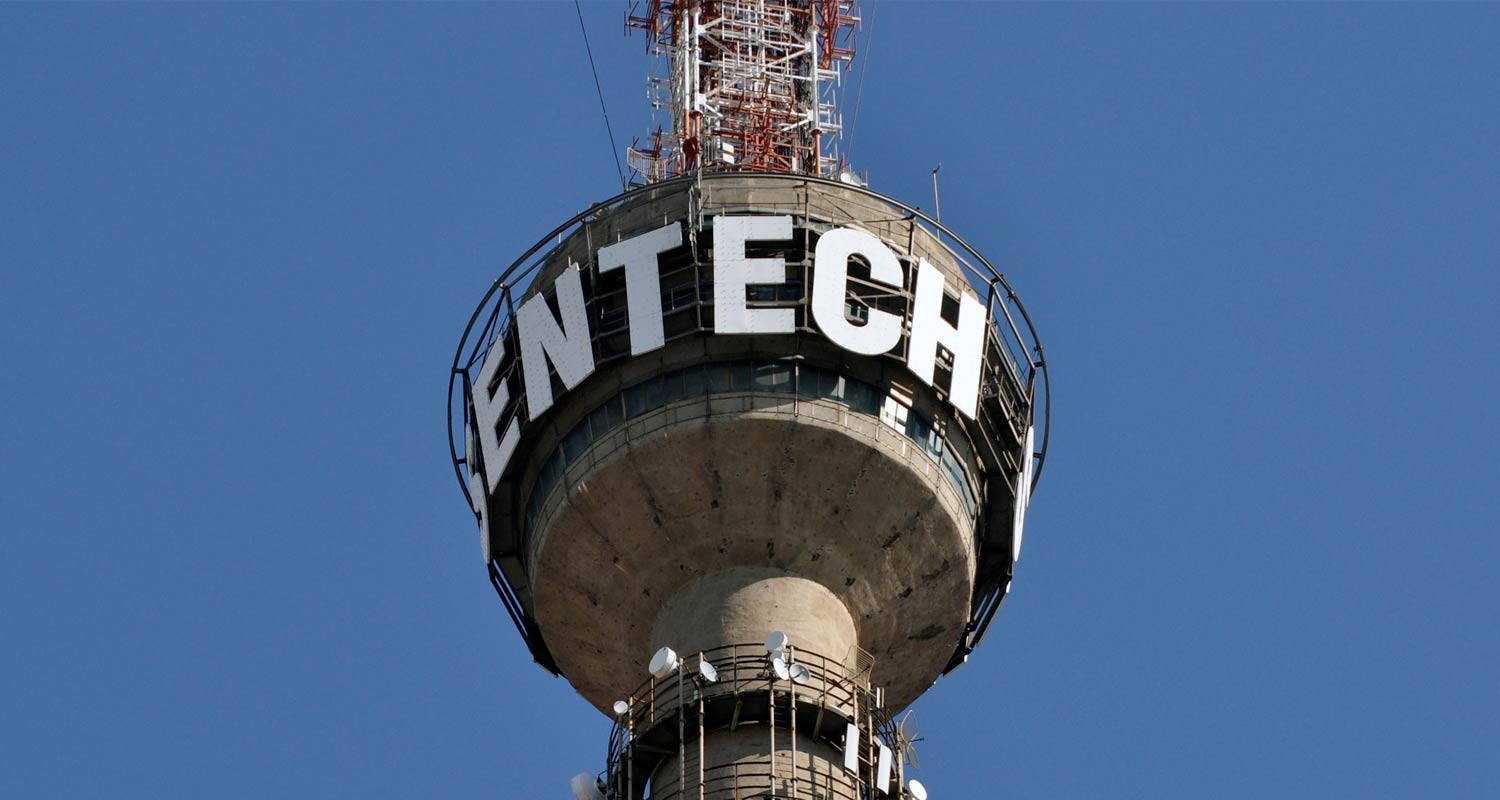Government is seeking an out-of-court solution to the impasse between government, e.tv and others over the switch-off of analogue television broadcasts.
South Africa’s migration from analogue to digital terrestrial television is on hold once again after the high court in Pretoria in March granted broadcaster e.tv and others an urgent interdict preventing communications minister Solly Malatsi from proceeding with his plan to switch off analogue television broadcasts on 31 March.
Following the interdict, a second part of the legal case is pending, in which e.tv, Media Monitoring Africa and the SOS Support Public Broadcasting Coalition are seeking to have Malatsi’s December 2024 decision to set 31 March 2025 as the analogue switch-off date declared unlawful.
The applicants also want the court to order the minister to determine a new deadline only after inputs from industry stakeholders have been taken into consideration. According to Malatsi, however, the communications department wants to avoid any further costly court proceedings.
“Earlier this year, the analogue switch-off, which was planned for the end of March, was halted by the courts,” Malatsi said in his budget vote speech to parliament last Thursday. “Having taken note of the court’s findings, we have given the department’s legal representatives the mandate to ensure that we can find a non-litigious solution to this lingering issue.”
This is not the first time a communications minister has been ordered to halt analogue switch-off by the courts. The constitutional court in 2022 ruled in favour of e.tv and others, finding that former communications minister Khumbudzo Ntshavheni had failed to consult with industry stakeholders including e.tv, Media Monitoring Africa and others before deciding to set a date for switching off analogue transmissions.
Last resort
In court documents in its case against Malatsi, e.tv accused the minister of making the same mistake as his predecessors by not consulting industry stakeholders before deciding on a deadline. In his judgment, high court judge Selby Baqwa agreed that Malatsi had indeed failed to perform the required consultations, and slapped him with a costs order.
Speaking to TechCentral on Tuesday, William Bird, director at Media Monitoring Africa, said the organisation welcomed Malatsi’s approach given that using the courts to resolve issues ought to be a last resort.
Read: MultiChoice is working on a wholesale overhaul of DStv
“Court proceedings are long, tedious, time consuming, expensive and adversarial. All we have to do is sit together in a room, find some consensus and make it happen. We are optimistic that if we come together, government and industry can determine a suitable date that will ensure analogue switch-off happens once and for all,” said Bird.
MMA wants government to consider the 28% of South Africa’s population who rely exclusively on analogue broadcasts for access to content, including information and news. “You can’t just go ahead and switch it off,” said Bird.

Another consideration that ought to form part of the discussion is which technology is best suited to delivering digital television to the majority of South Africans. The chosen medium, digital terrestrial television (DTT), has been a failure, in part due to government’s inability to distribute the set-top boxes households require to access the broadcasts, according to Bird.
Industry stakeholders, including e.tv parent eMedia, have argued that satellite may be a better alternative to terrestrial transmissions, especially because it is more cost-effective for broadcasters.
eMedia told TechCentral it welcomed the move to settle the case out of court and emphasised the importance of ensuring the views of industry stakeholders are taken into account in determining the way forward.
Comprehensive consultation
“Any constitutionally compliant analogue switch-off process must aim to ensure that viewers dependent on analogue television do not lose their existing access to television services due to the shift from analogue to digital television broadcasting,” said Philippa Rafferty, group executive for legal and business affairs at eMedia.
“The design and implementation of that process requires comprehensive prior consultation by government with analogue broadcasters, public interest NGOs, affected viewers and other stakeholders. This process would involve detailed engagement between these stakeholders to agree on a practical and feasible approach that avoids the various pitfalls associated with previous analogue switch-off processes and initiatives.”
Read: Ntshavheni has failed to consult sufficiently on analogue switch-off
In his speech to parliament last week, Malatsi said overcoming challenges is core to the department’s strategic response informing its approach to the switch-off. – © 2025 NewsCentral Media
Get breaking news from TechCentral on WhatsApp. Sign up here.
Don’t miss:
5G Broadcast: the technology that could kill DTT in South Africa



